Unit 6: Treatment of Abnormal Behavior
1/41
There's no tags or description
Looks like no tags are added yet.
Name | Mastery | Learn | Test | Matching | Spaced |
|---|
No study sessions yet.
42 Terms
eclectic approach
an approach to psychotherapy that, depending on the client's problems, uses techniques from various forms of therapy.
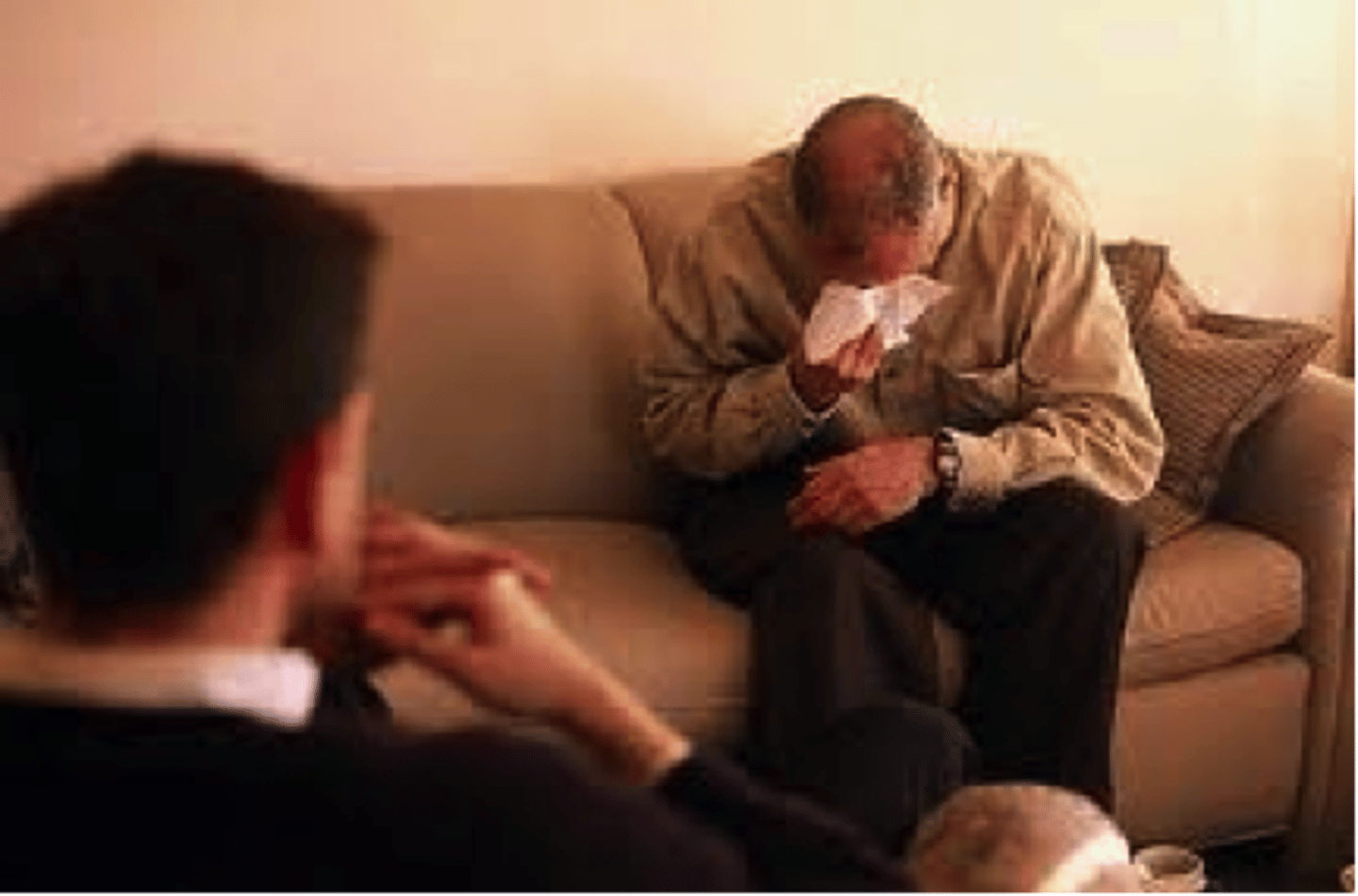
psychotherapy
treatment involving psychological techniques; consists of interactions between a trained therapist and someone seeking to overcome psychological difficulties or achieve personal growth.
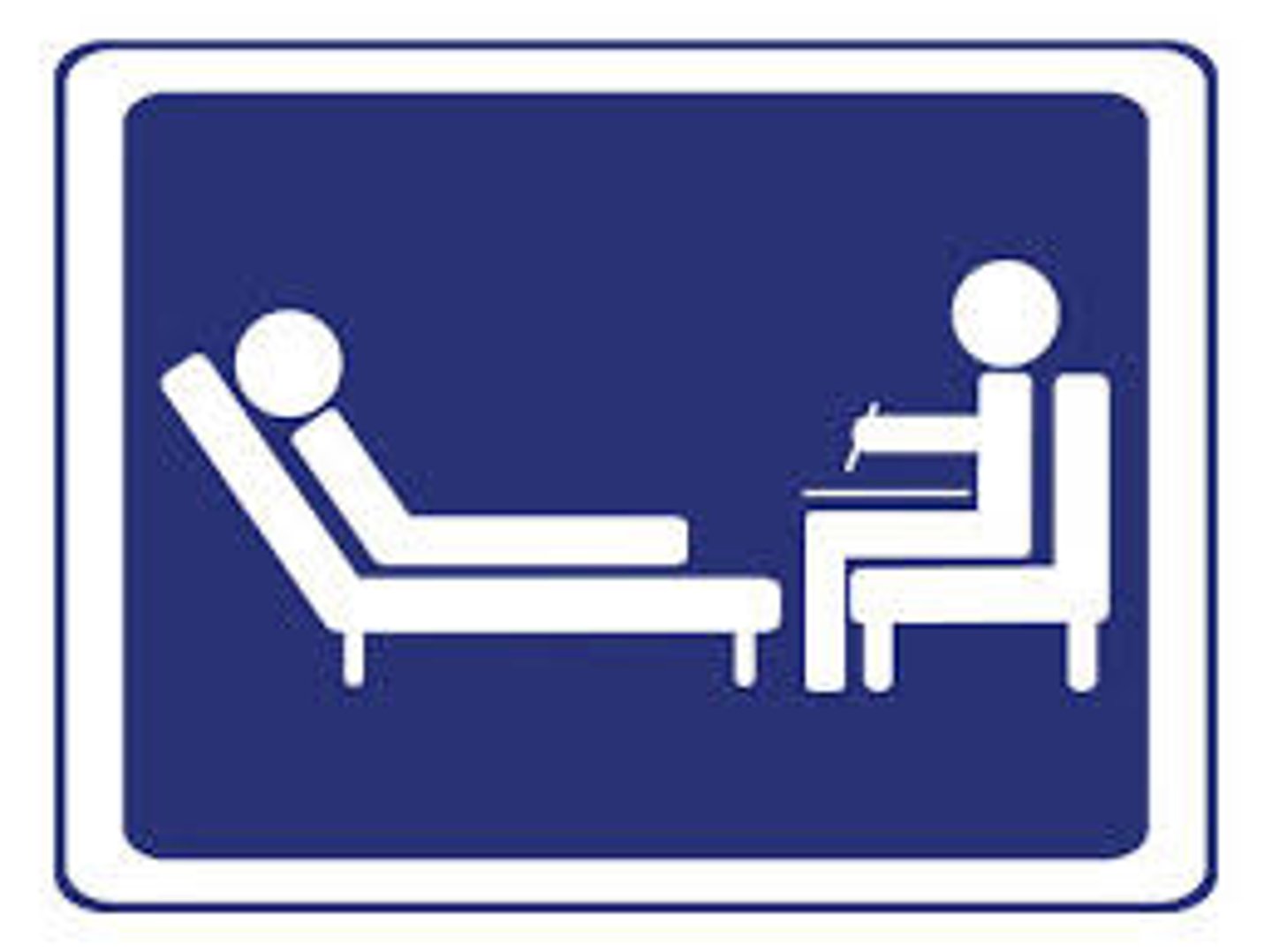
psychoanalysis
Freud's theory of personality and therapeutic technique that attributes thoughts and actions to unconscious motives and conflicts. Freud believed the patient's free associations, resistances, dreams, and transferences—and the therapist's interpretations of them—released previously repressed feelings, allowing the patient to gain self-insight.
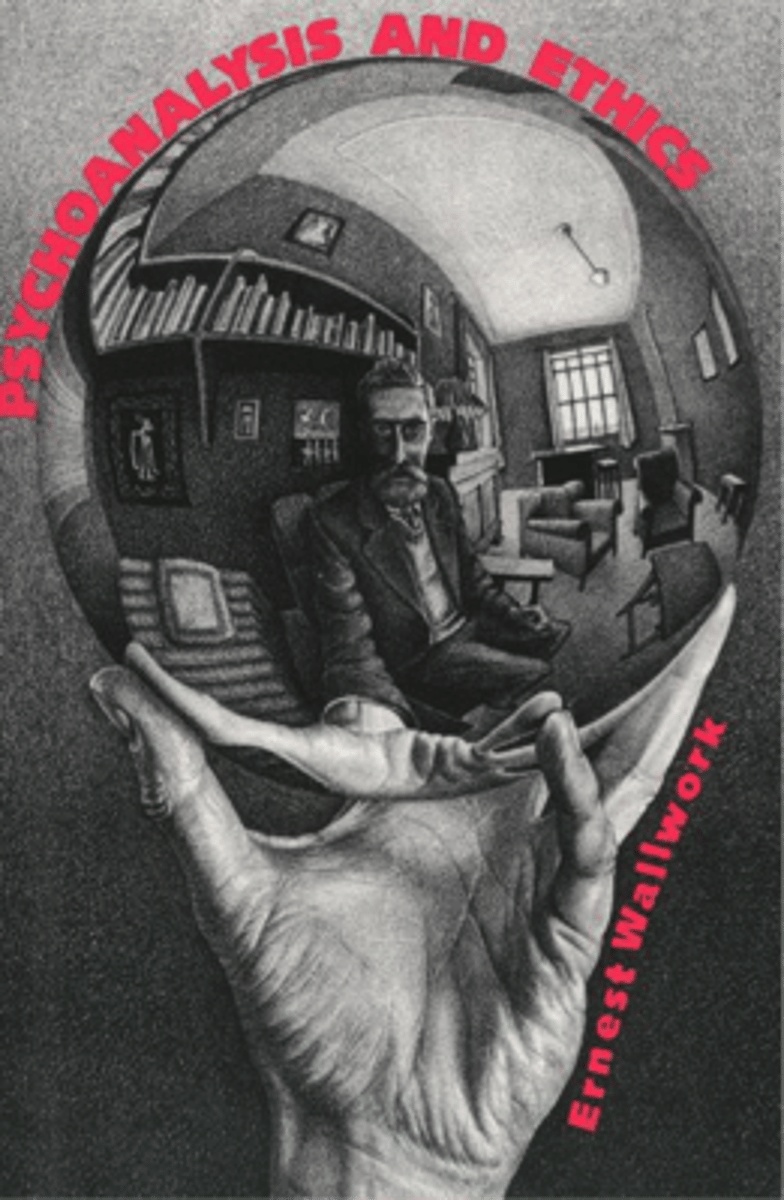
resistance
in psychoanalysis, the blocking from consciousness of anxiety-laden material.
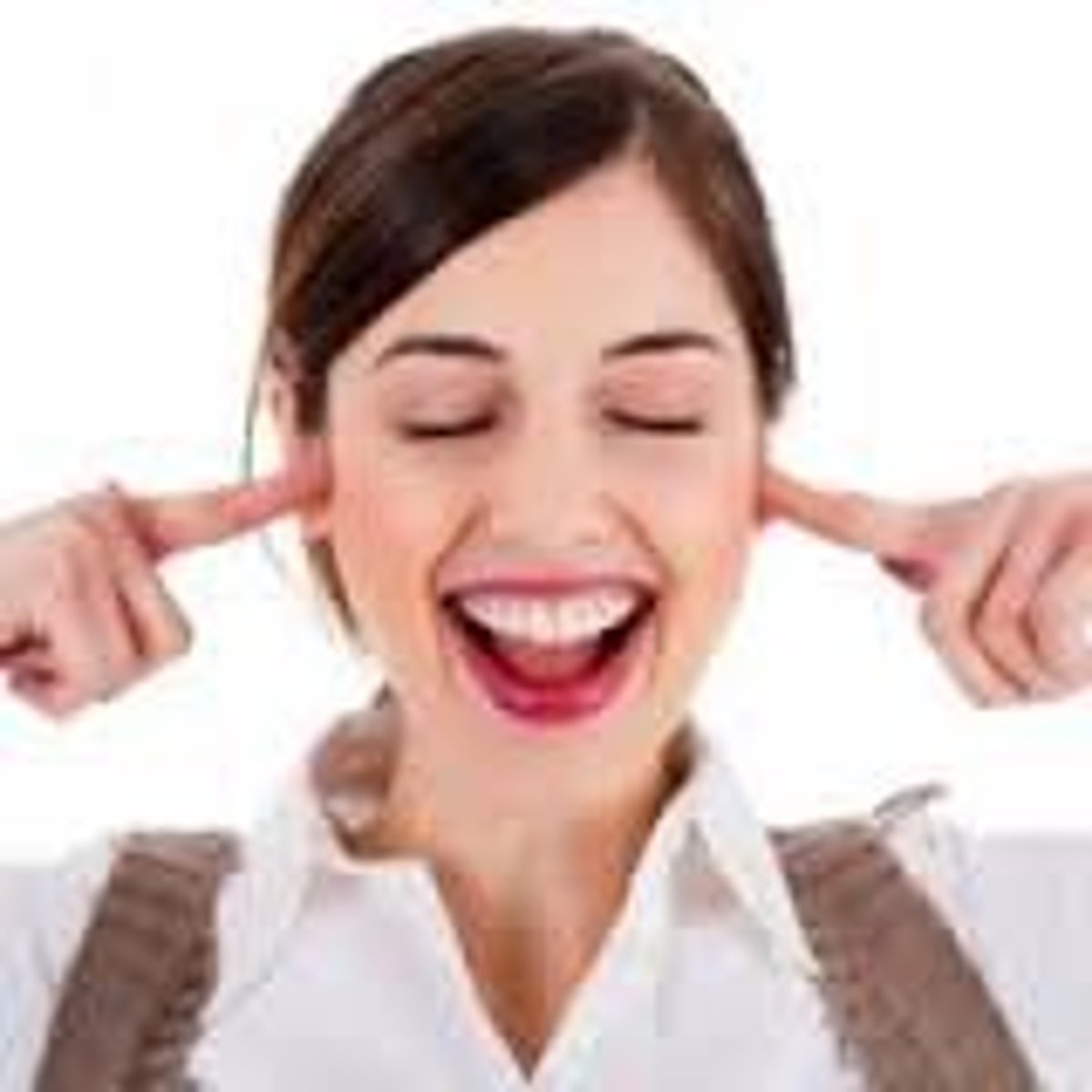
interpretation
in psychoanalysis, the analyst's noting supposed dream meanings, resistances, and other significant behaviors and events in order to promote insight.

transference
in psychoanalysis, the patient's transfer to the analyst of emotions linked with other relationships (such as love or hatred for a parent).
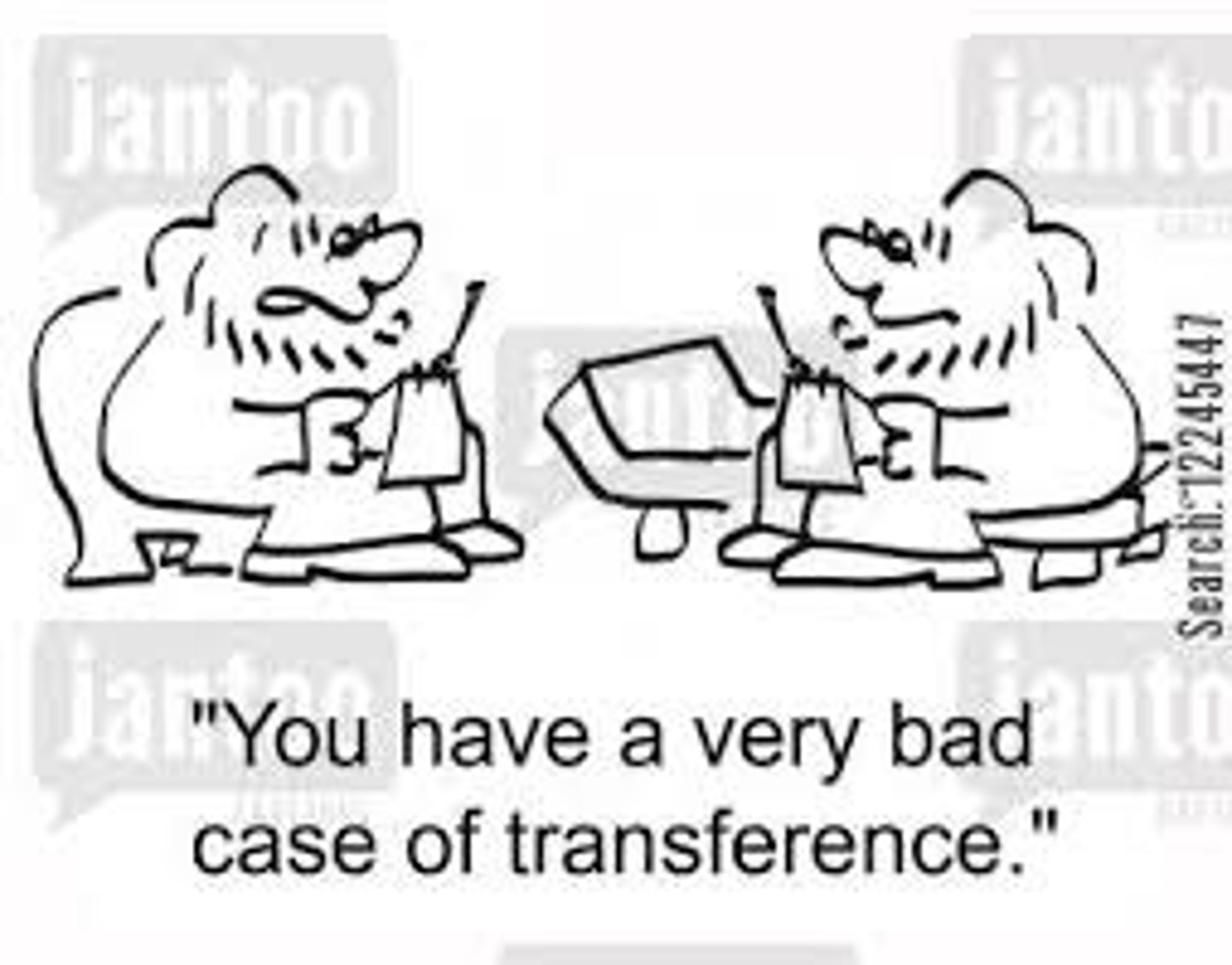
psychodynamic therapy
therapy deriving from the psychoanalytic tradition that views individuals as responding to unconscious forces and childhood experiences, and that seeks to enhance self-insight.
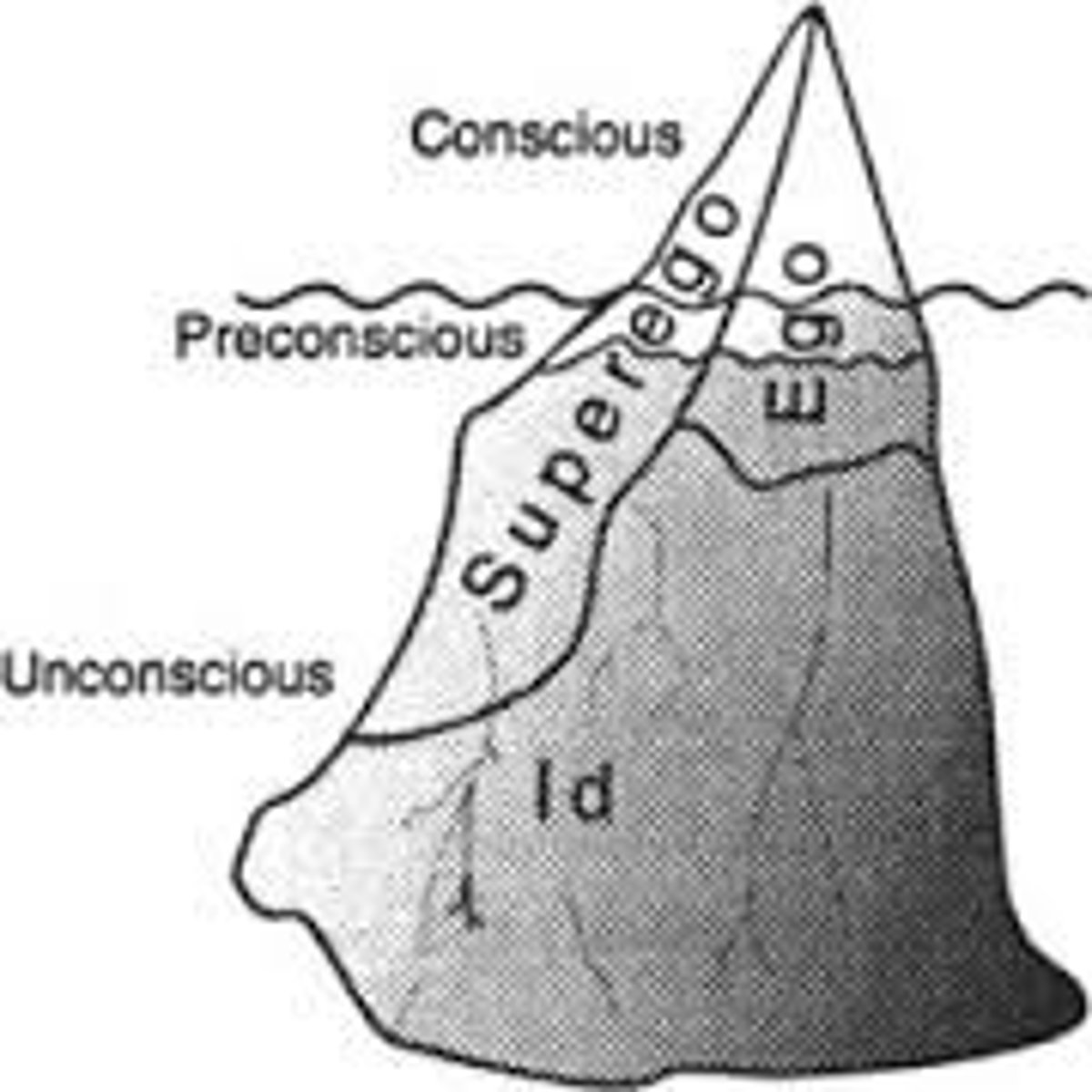
insight therapy
a variety of therapies that aim to improve psychological functioning by increasing the client's awareness of underlying motives and defenses.
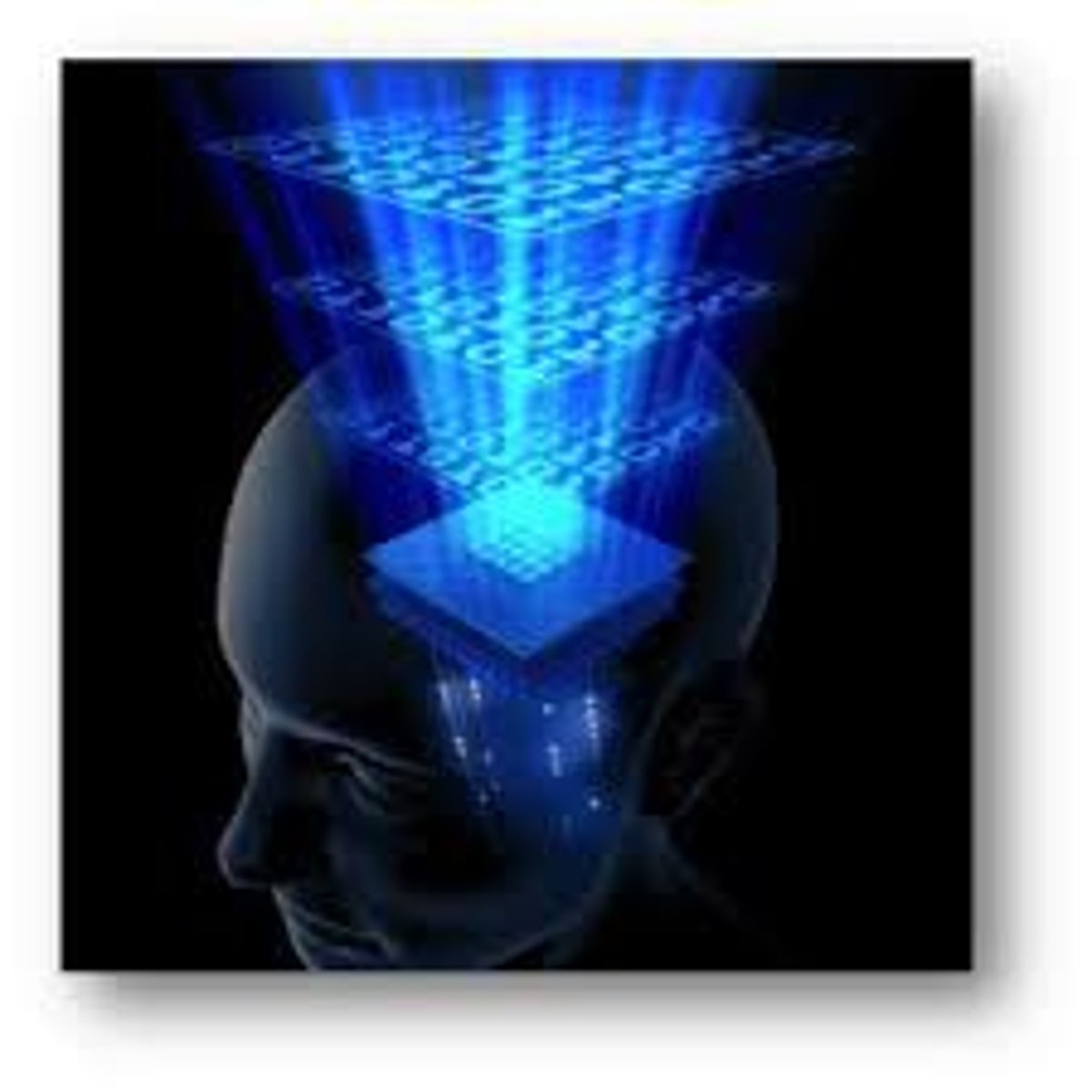
client-centered therapy
a humanistic therapy, developed by Carl Rogers, in which the therapist uses techniques such as active listening within a genuine, accepting, empathic environment to facilitate clients' growth. (Also called person-centered therapy.)
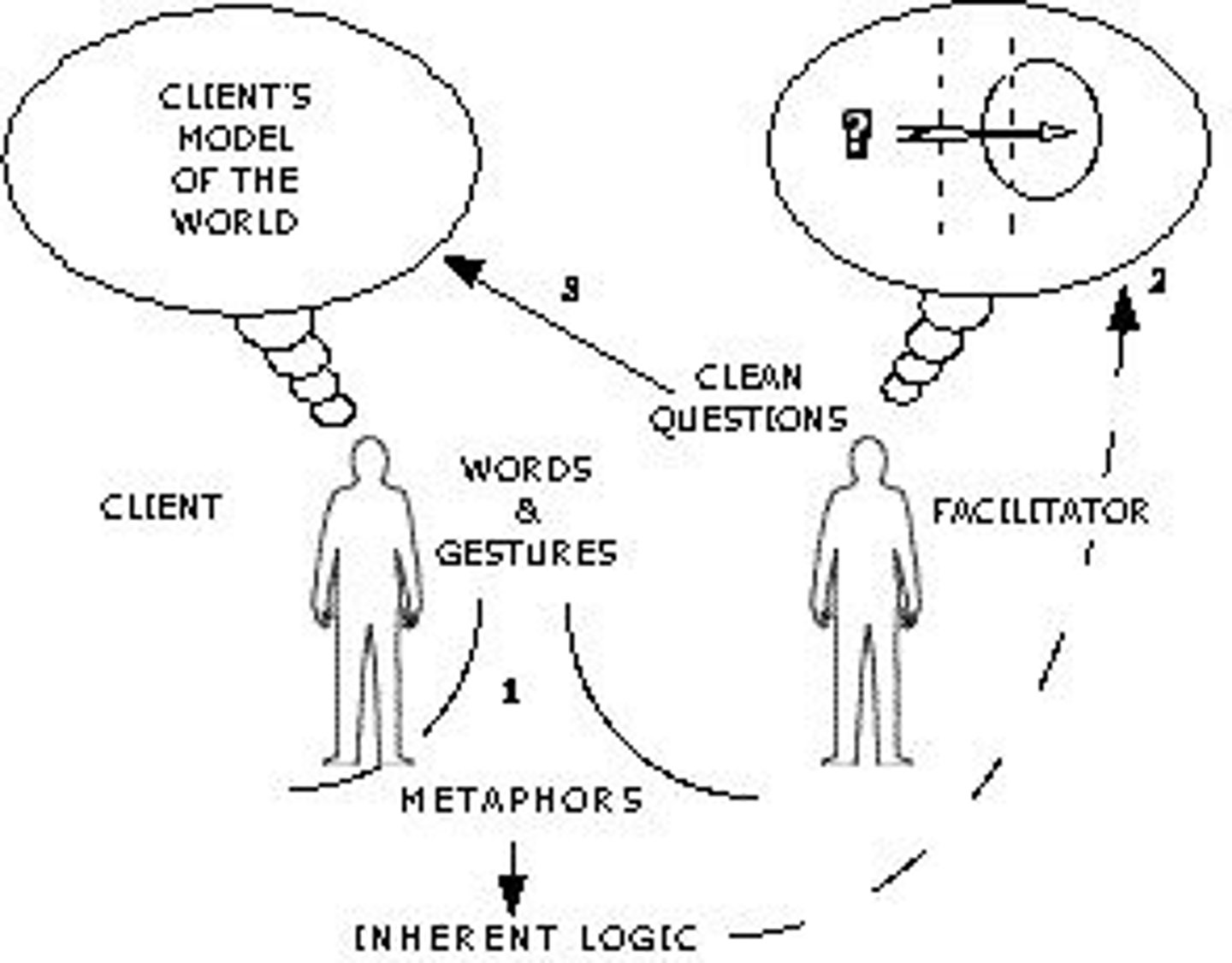
active listening
empathic listening in which the listener echoes, restates, and clarifies. A feature of Rogers' client-centered therapy.
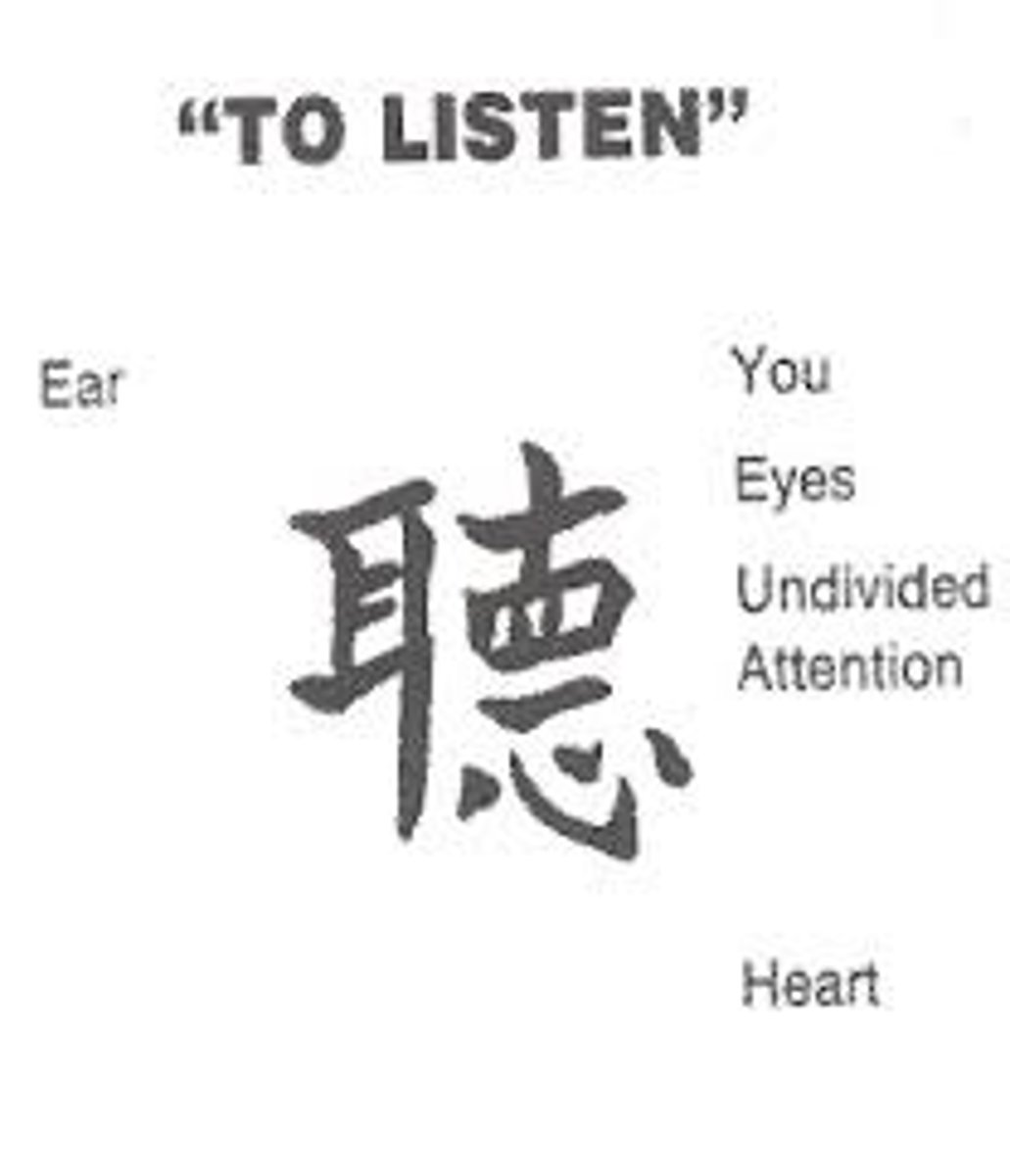
unconditional positive regard
a caring, accepting, nonjudgmental attitude, which Carl Rogers believed would help clients to develop self-awareness and self-acceptance.
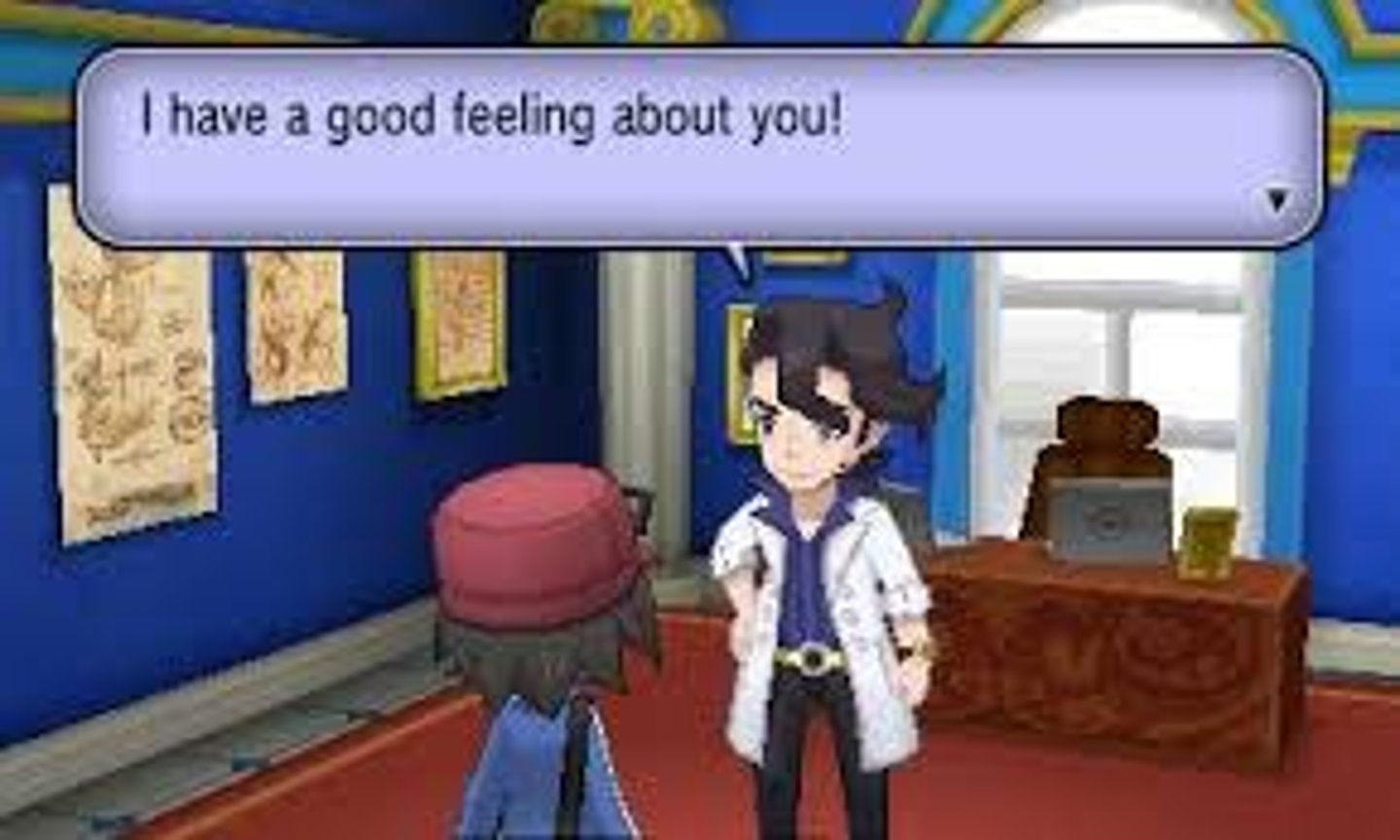
behavior therapy
therapy that applies learning principles to the elimination of unwanted behaviors.

counterconditioning
a behavior therapy procedure that uses classical conditioning to evoke new responses to stimuli that are triggering unwanted behaviors; includes exposure therapies and aversive conditioning.
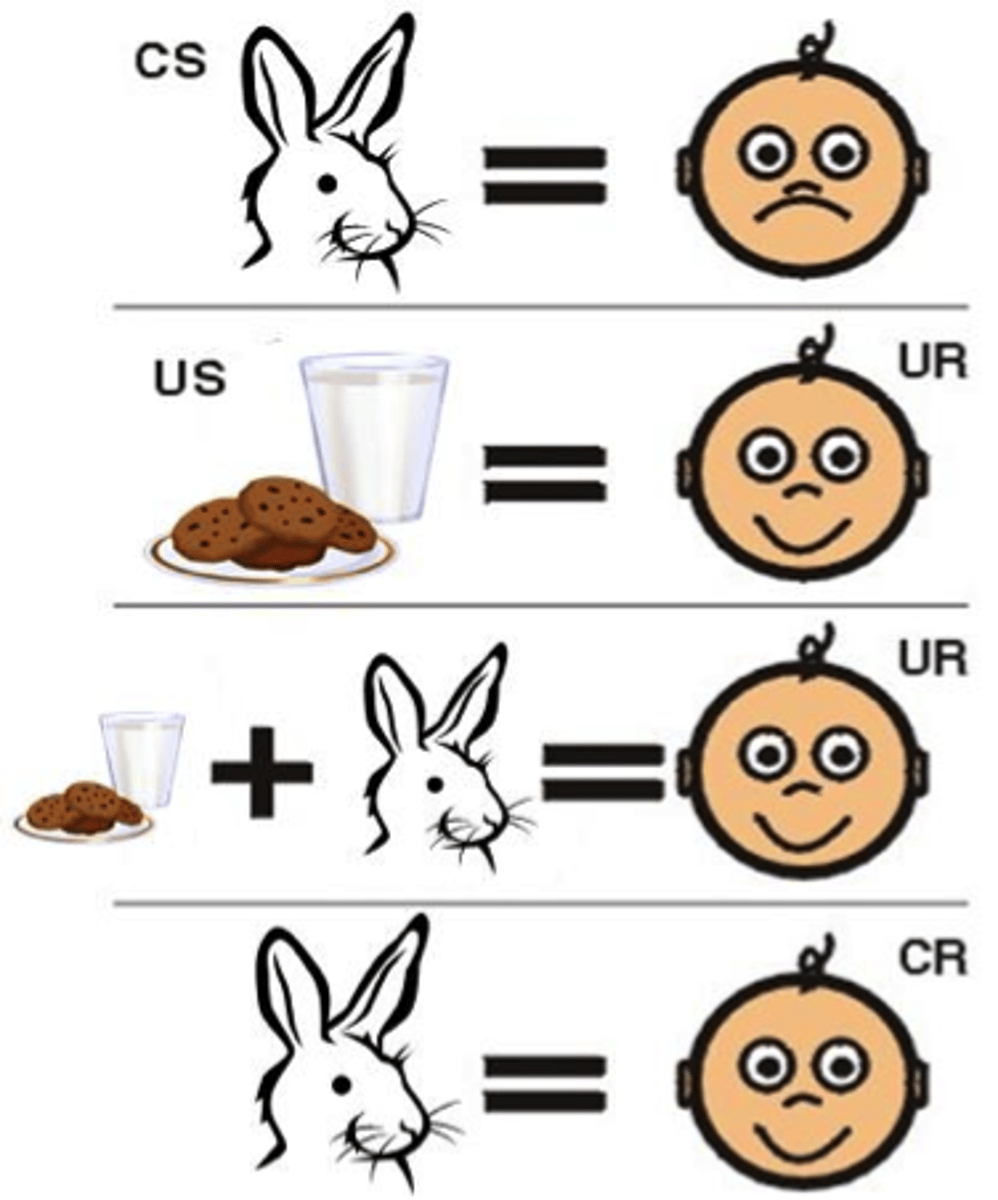
exposure therapy
behavioral techniques, such as systematic desensitization, that treat anxieties by exposing people (in imagination or actuality) to the things they fear and avoid.
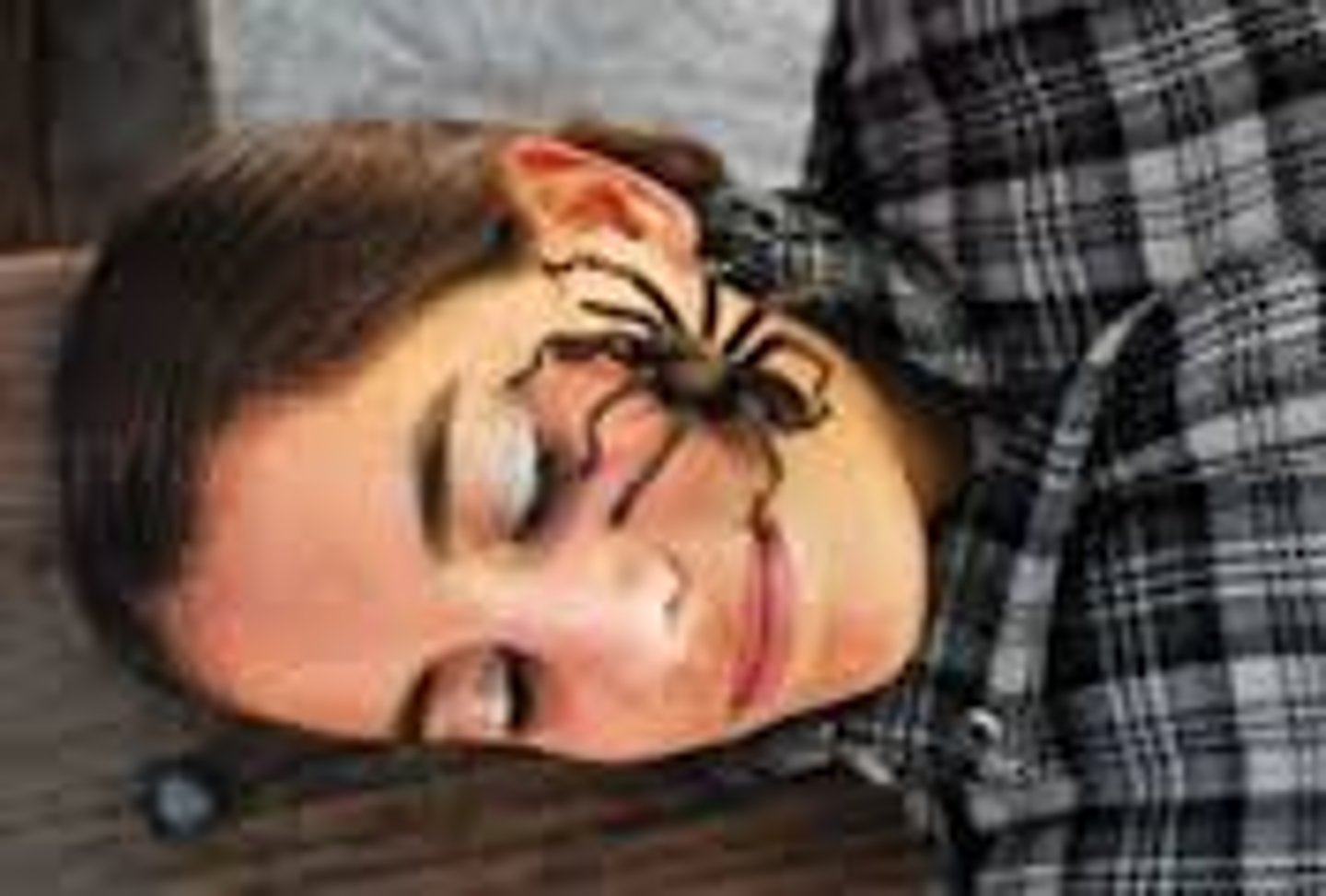
systematic desensitization
a type of exposure therapy that associates a pleasant relaxed state with gradually increasing anxiety-triggering stimuli. Commonly used to treat phobias.
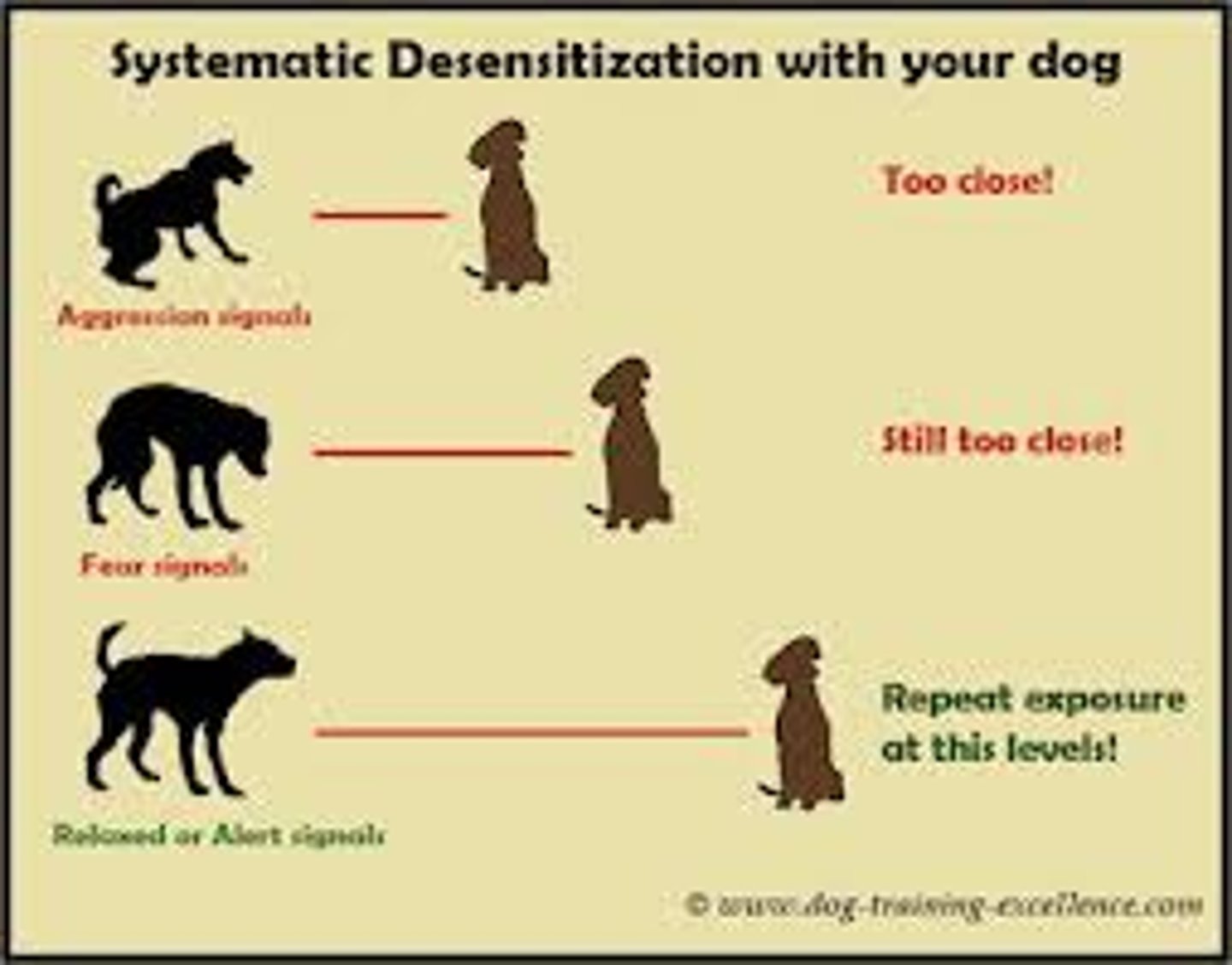
virtual reality exposure therapy
An anxiety treatment that progressively exposes people to simulations of their greatest fears, such as airplane flying, spiders, or public speaking.

aversive conditioning
a type of counterconditioning that associates an unpleasant state (such as nausea) with an unwanted behavior (such as drinking alcohol).
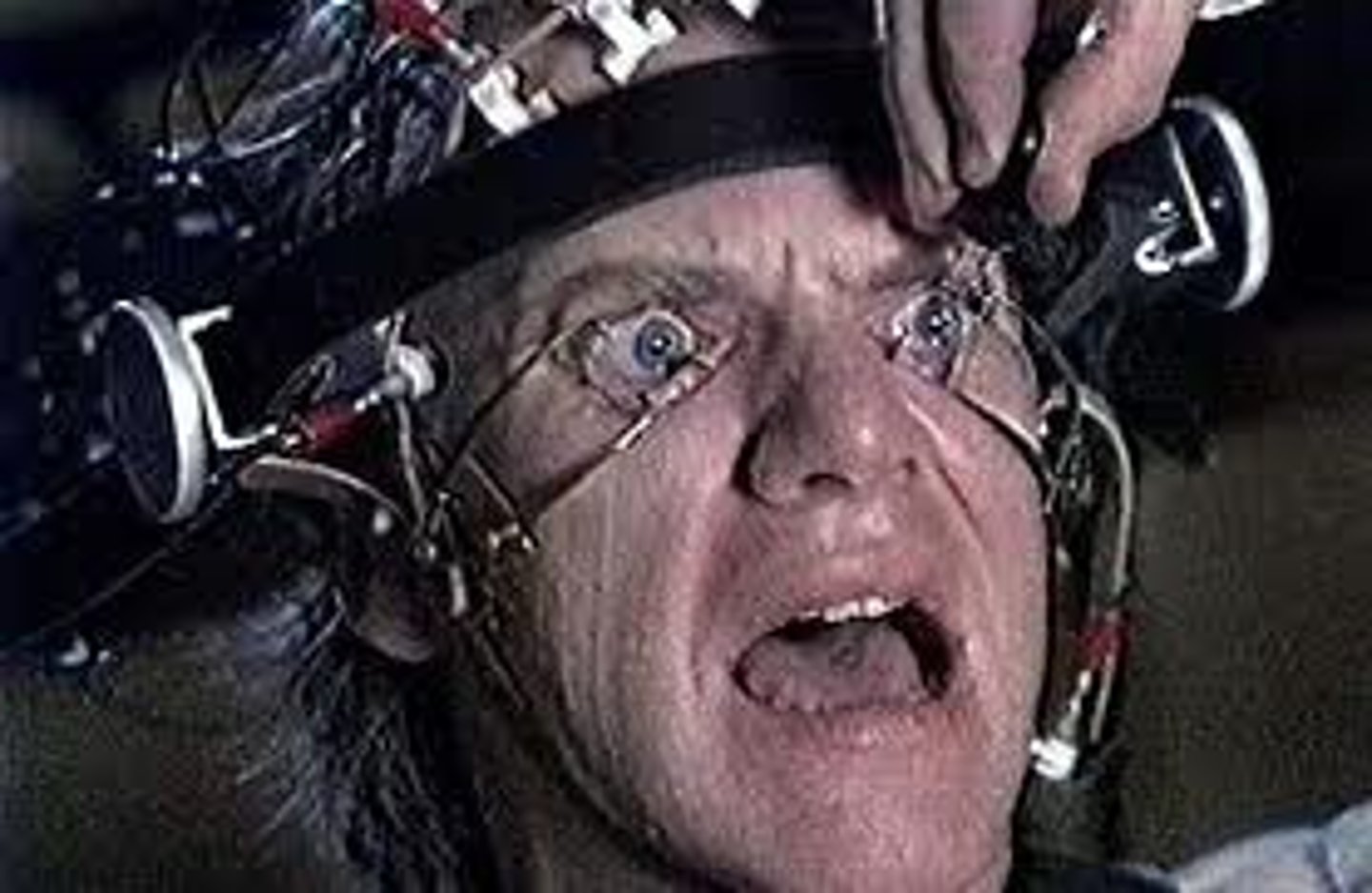
token economy
an operant conditioning procedure in which people earn a token of some sort for exhibiting a desired behavior and can later exchange the tokens for various privileges or treats.
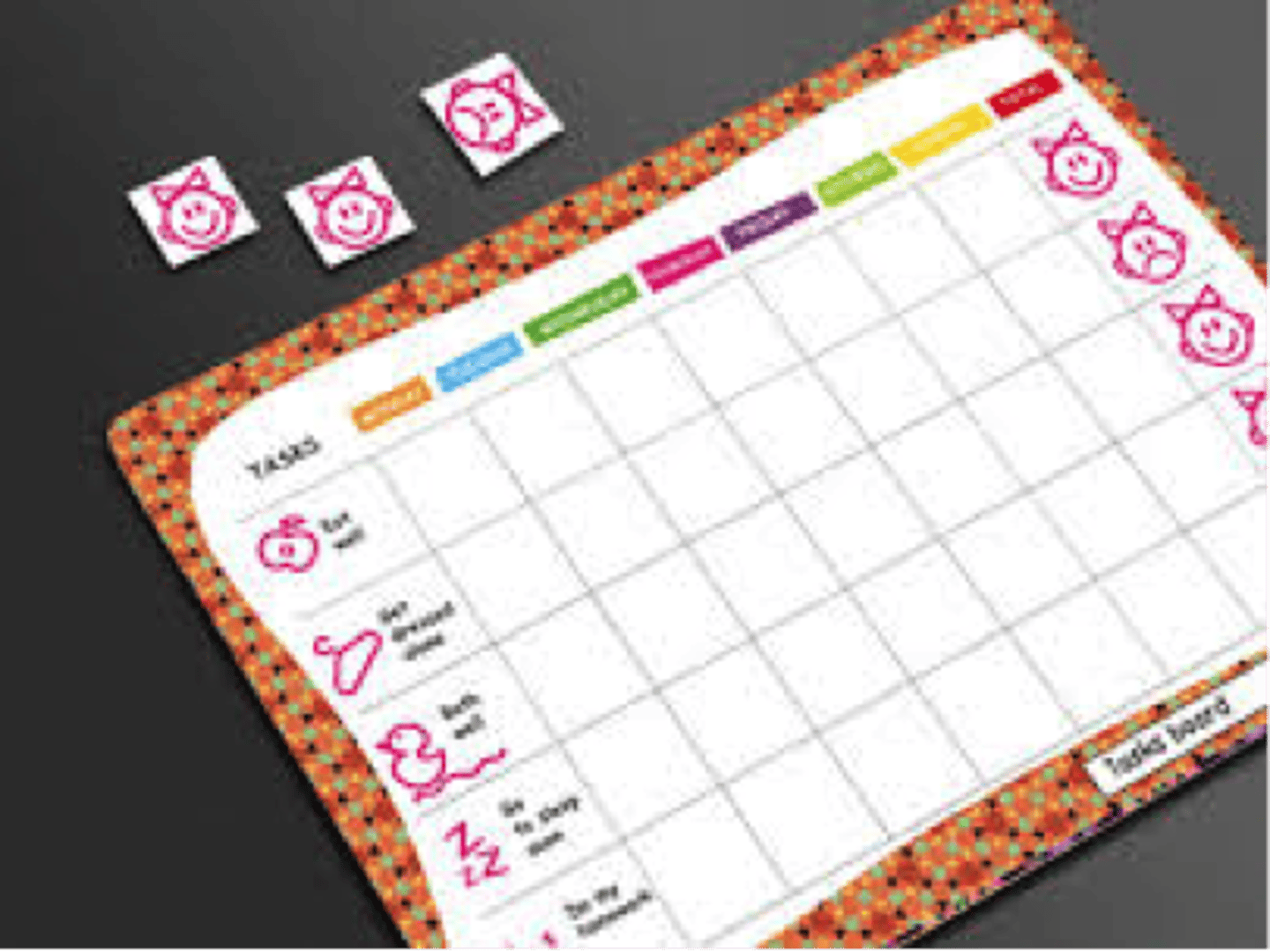
cognitive therapy
therapy that teaches people new, more adaptive ways of thinking and acting; based on the assumption that thoughts intervene between events and our emotional reactions.
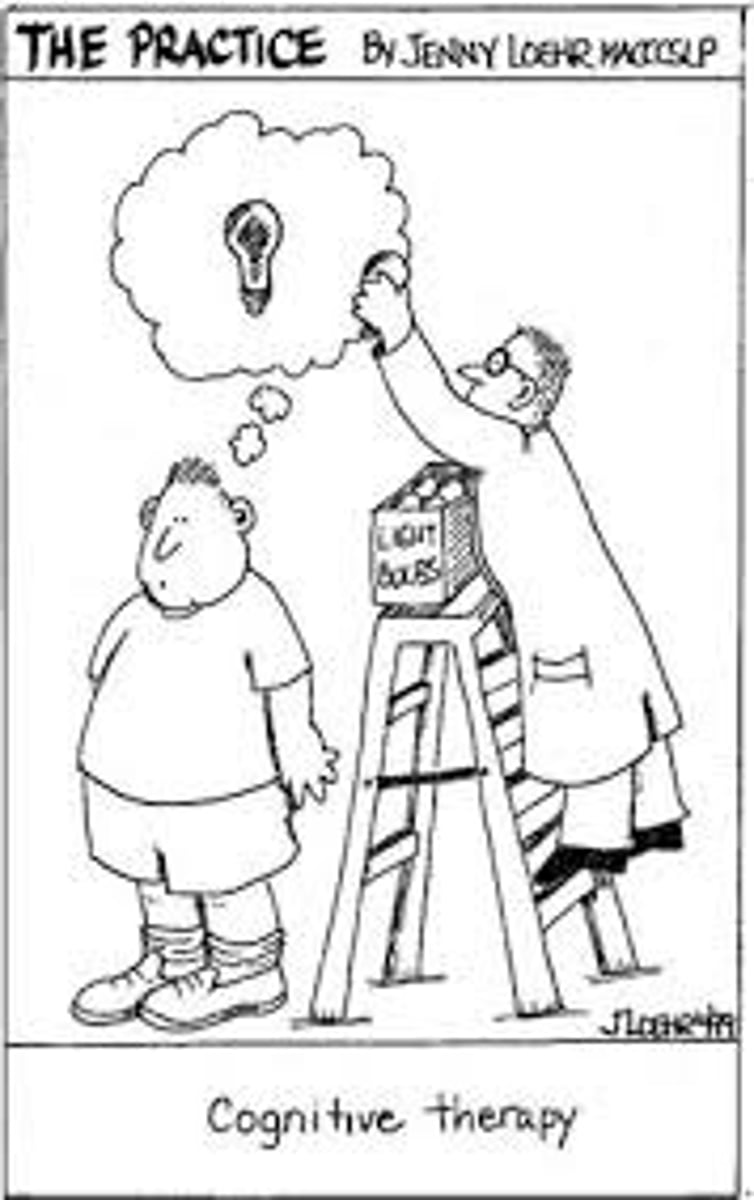
cognitive-behavioral therapy
a popular integrative therapy that combines cognitive therapy (changing self-defeating thinking) with behavior therapy (changing behavior).
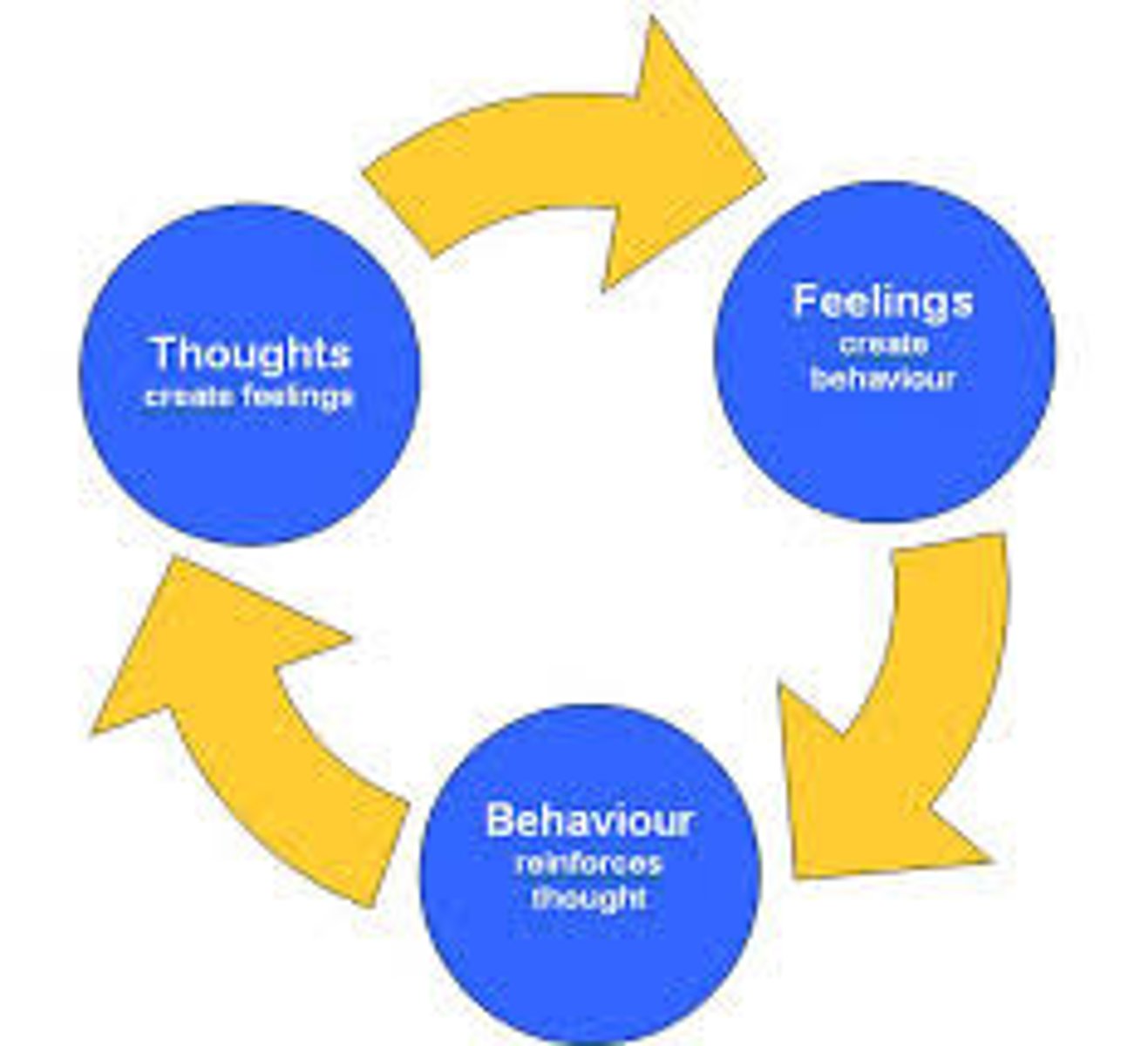
family therapy
therapy that treats the family as a system. Views an individual's unwanted behaviors as influenced by, or directed at, other family members.
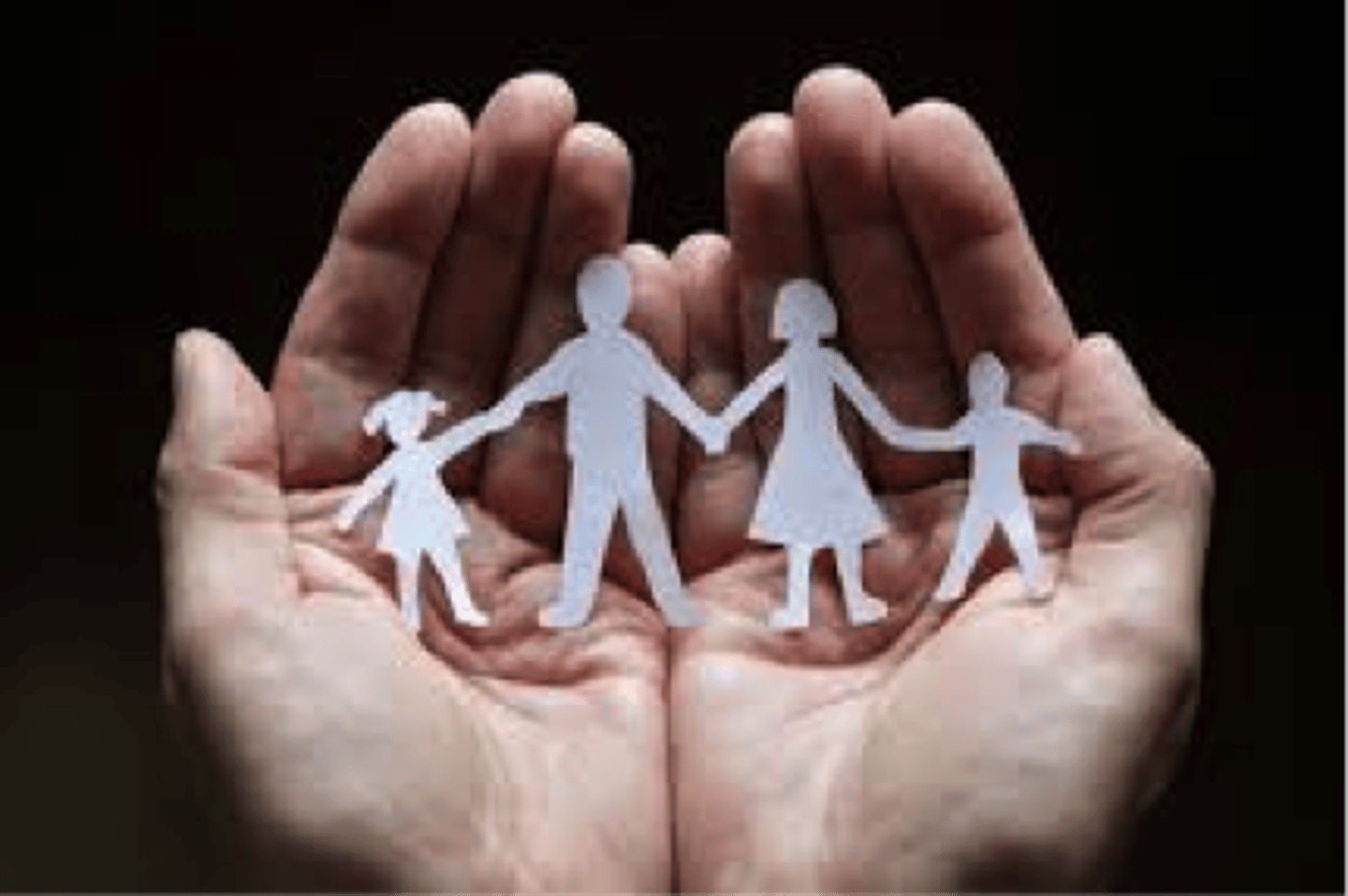
regression toward the mean
the tendency for extreme or unusual scores to fall back (regress) toward their average.
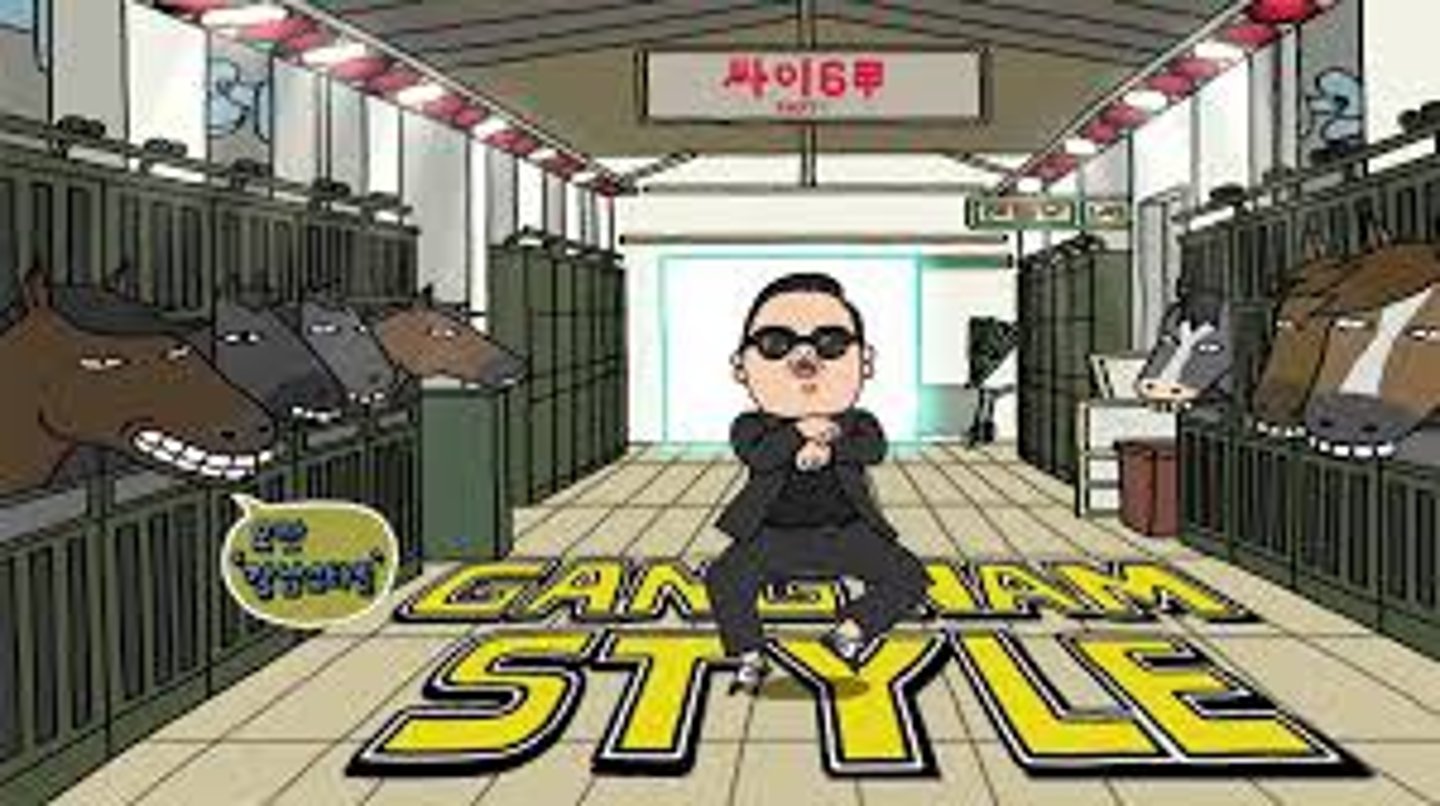
meta-analysis
a procedure for statistically combining the results of many different research studies.
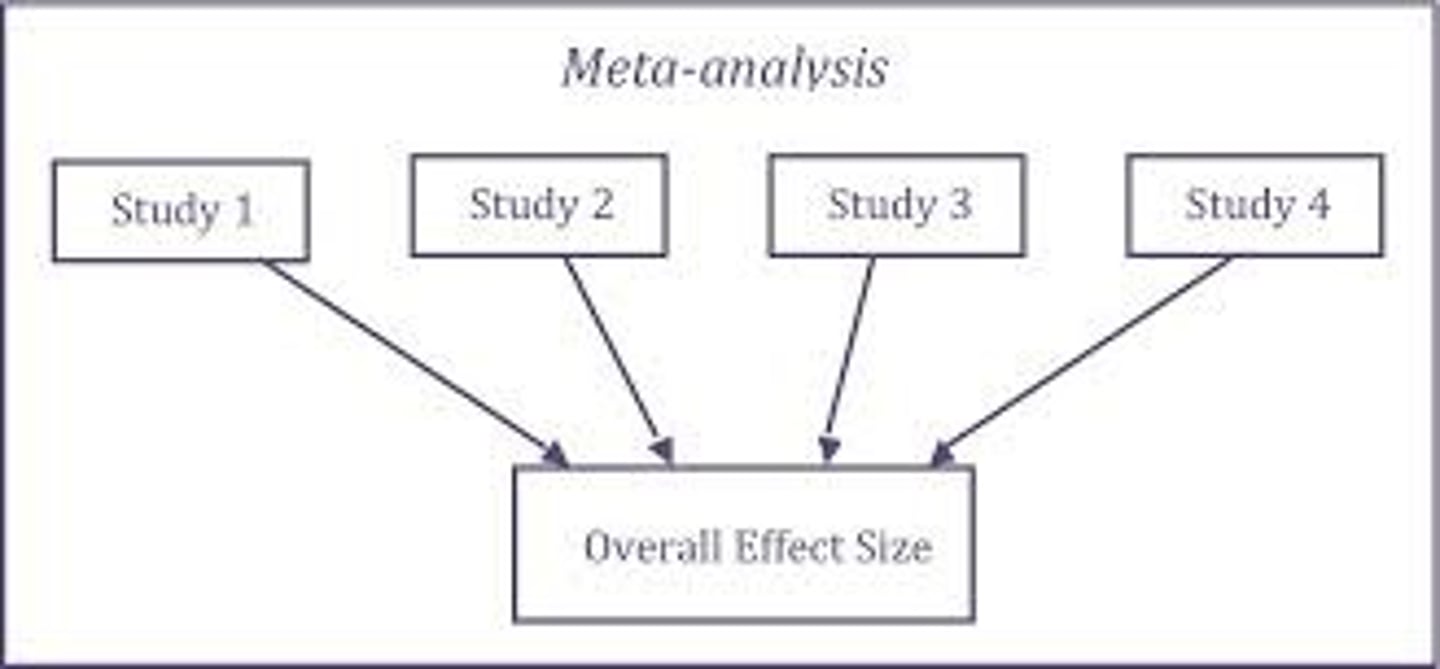
evidence-based practice
clinical decision-making that integrates the best available research with clinical expertise and patient characteristics and preferences.
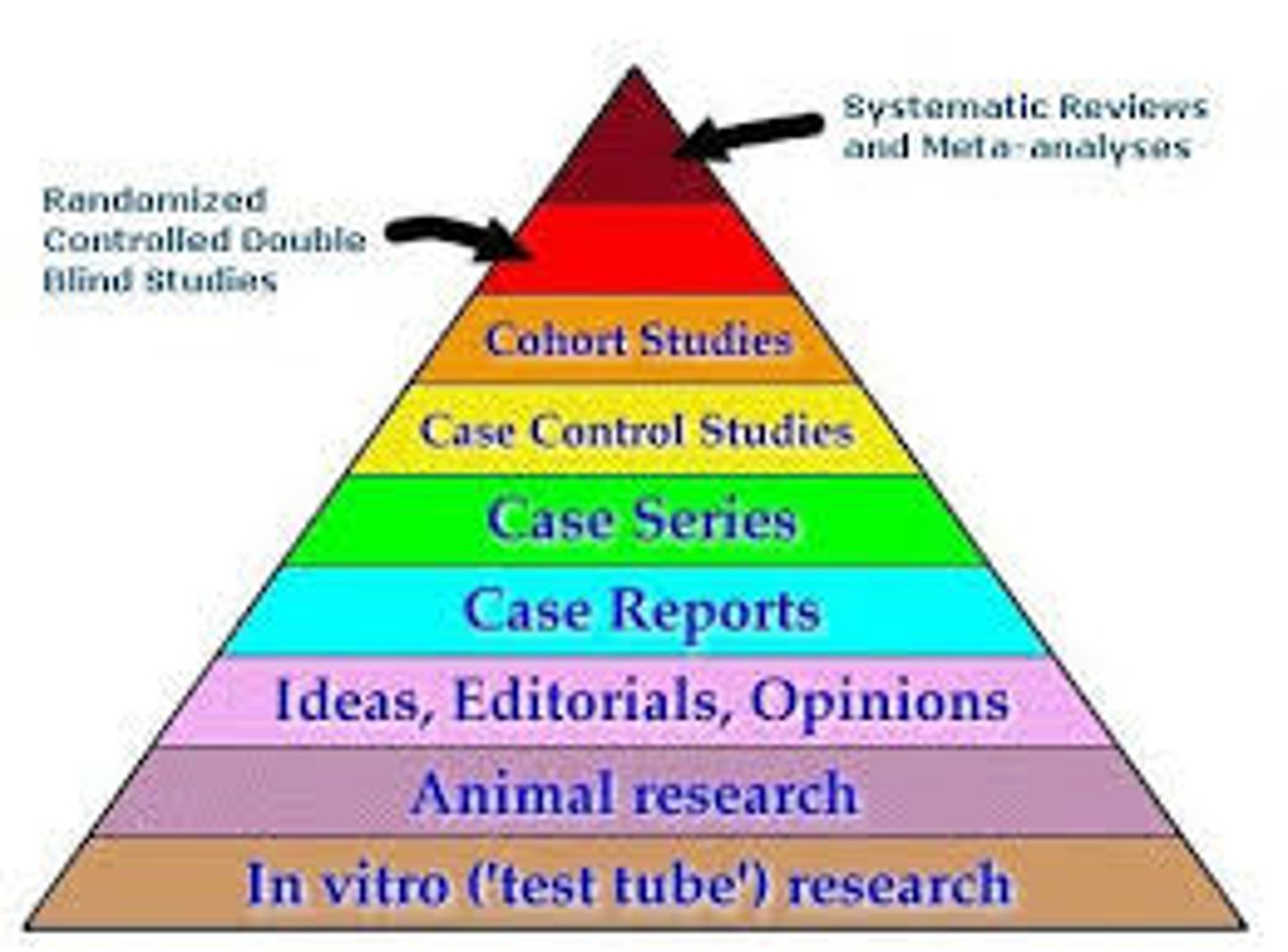
biomedical therapy
prescribed medications or medical procedures that act directly on the patient's nervous system.

psychopharmacology
the study of the effects of drugs on mind and behavior
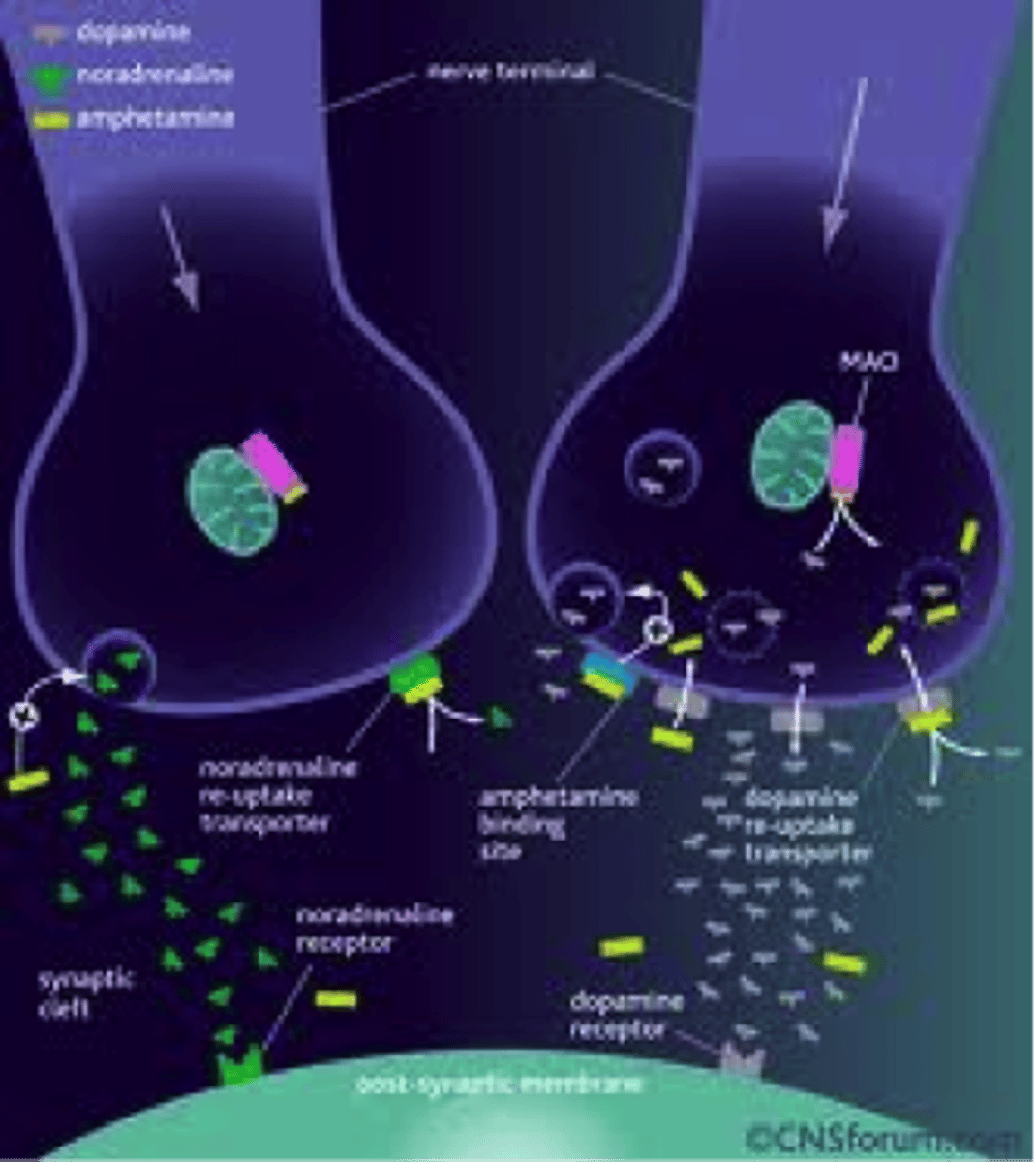
antipsychotic drugs
drugs used to treat schizophrenia and other forms of severe thought disorder

tardive dyskinesia
involuntary movements of the facial muscles, tongue, and limbs; a possible neurotoxic side effect of long-term use of antipsychotic drugs that target certain dopamine receptors
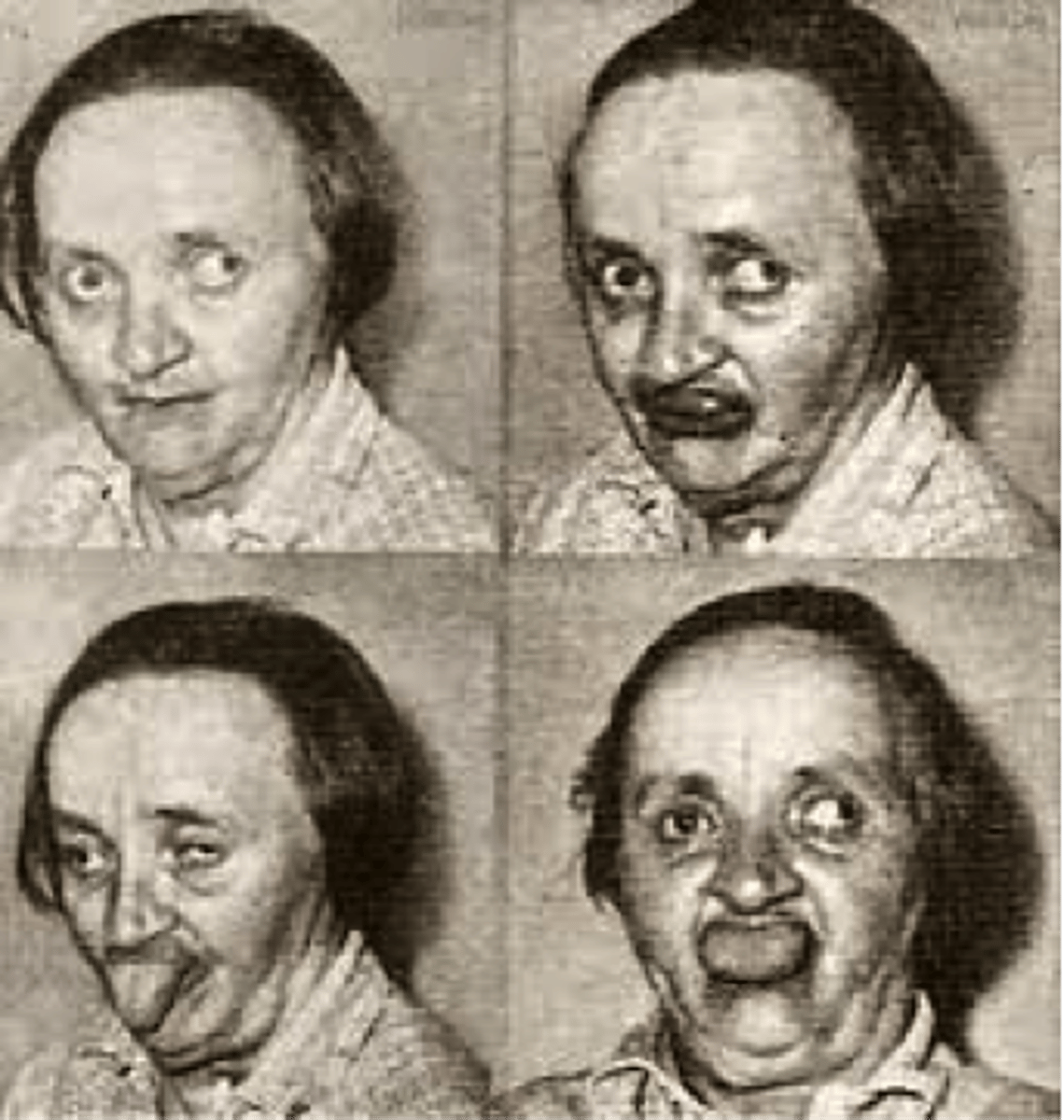
antianxiety drugs
drugs used to control anxiety and agitation
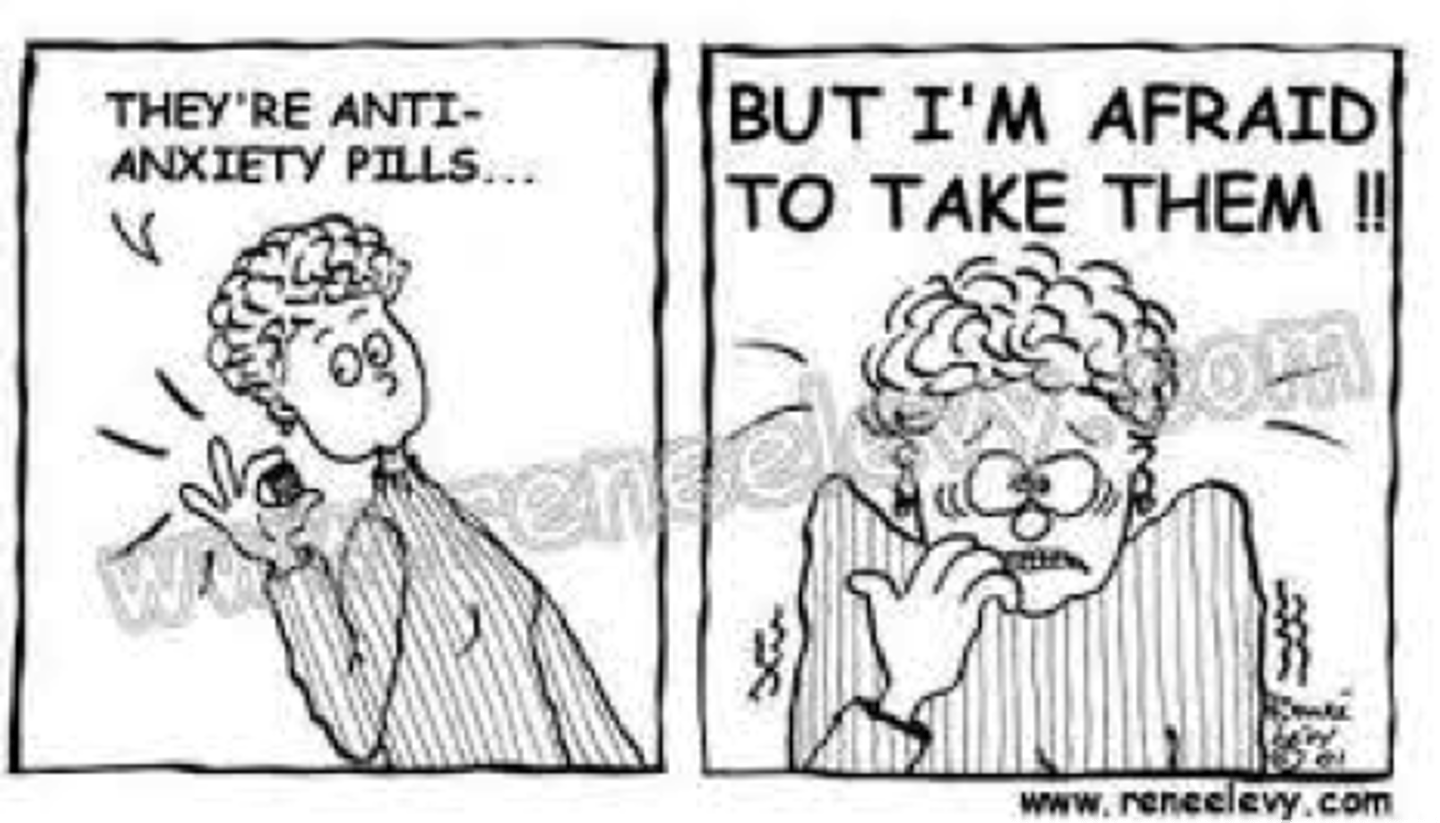
antidepressant drugs
drugs used to treat depression; also increasingly prescribed for anxiety. Different types work by altering the availability of various neurotransmitters
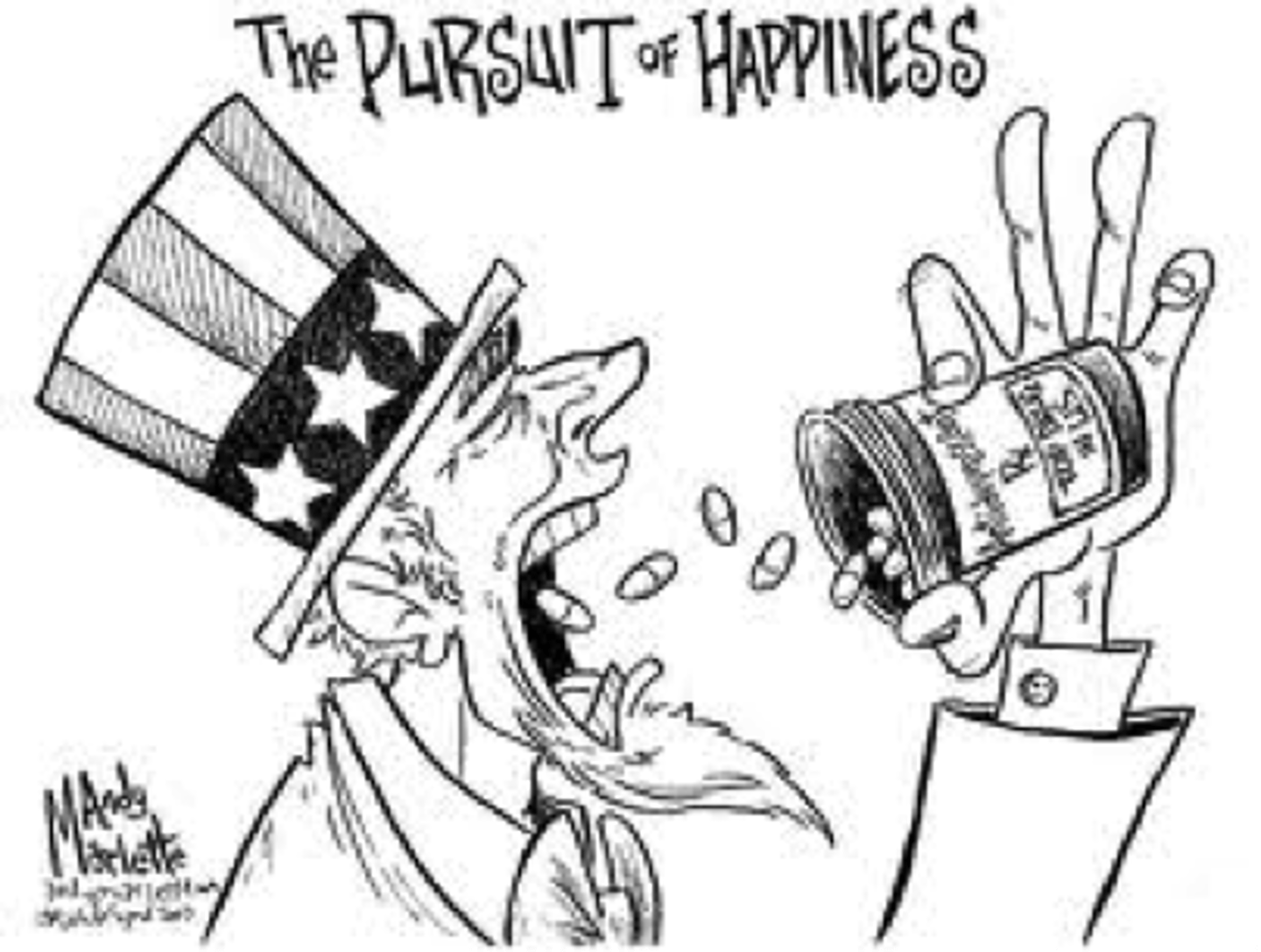
eletroconvulsive therapy (ECT)
a biomedical therapy for severely depressed patients in which a brief electric current is sent through the brain of an anesthetized patient
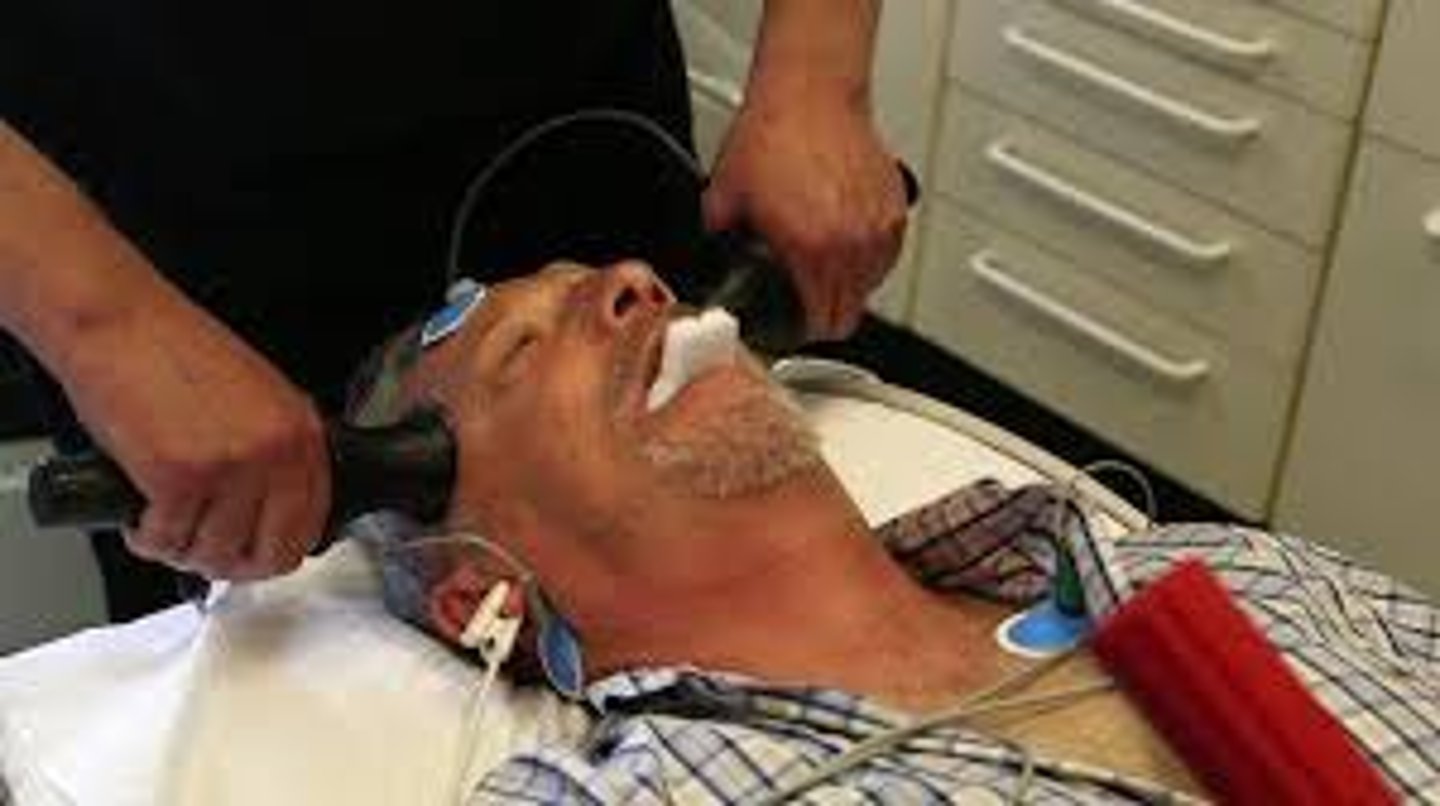
repetitive transcranial magnetic stimulation (rTMS)
the application of repeated pulses of magnetic energy to the brain; used to stimulate or suppress brain activity
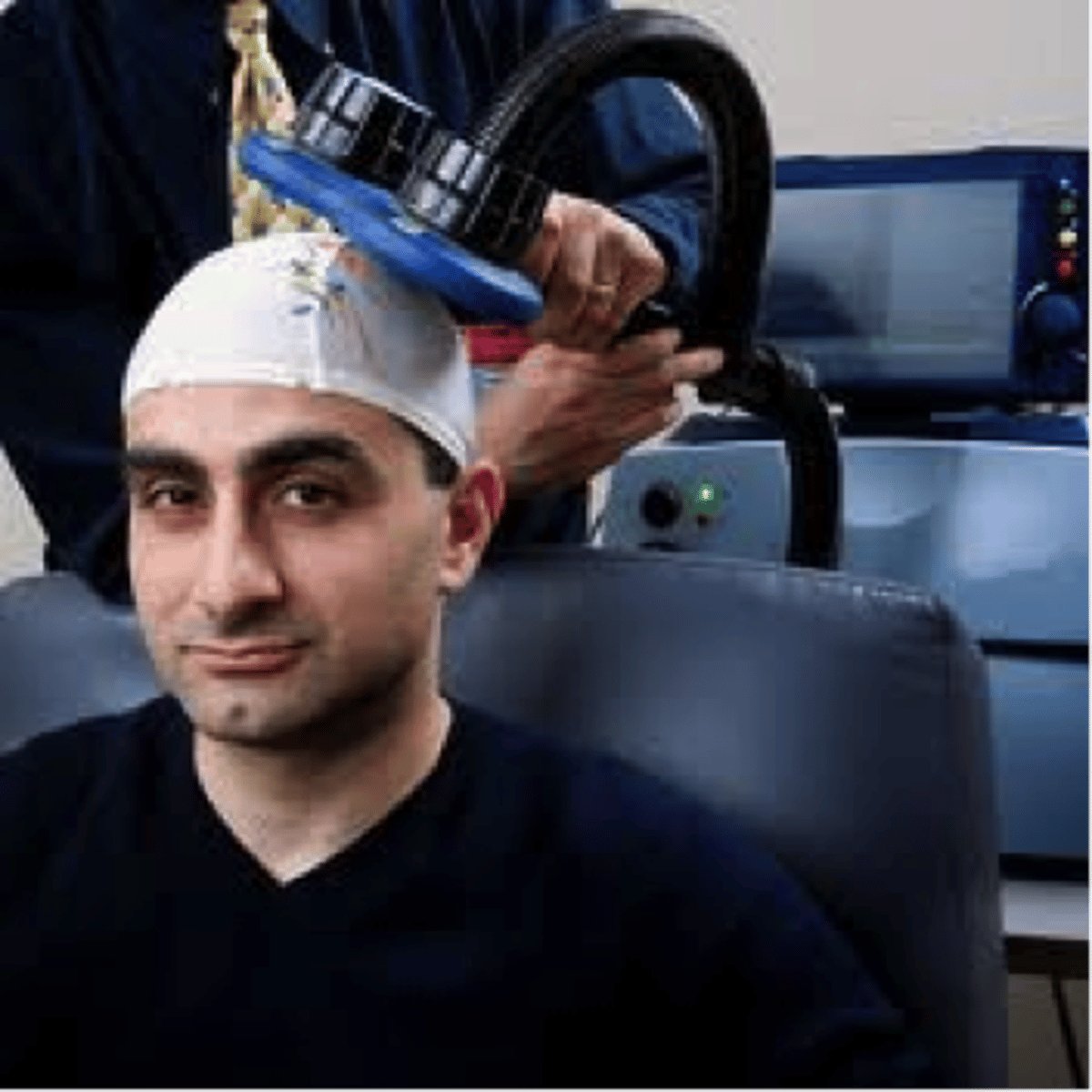
psychosurgery
surgery that removes or destroys brain tissue in an effort to change behavior
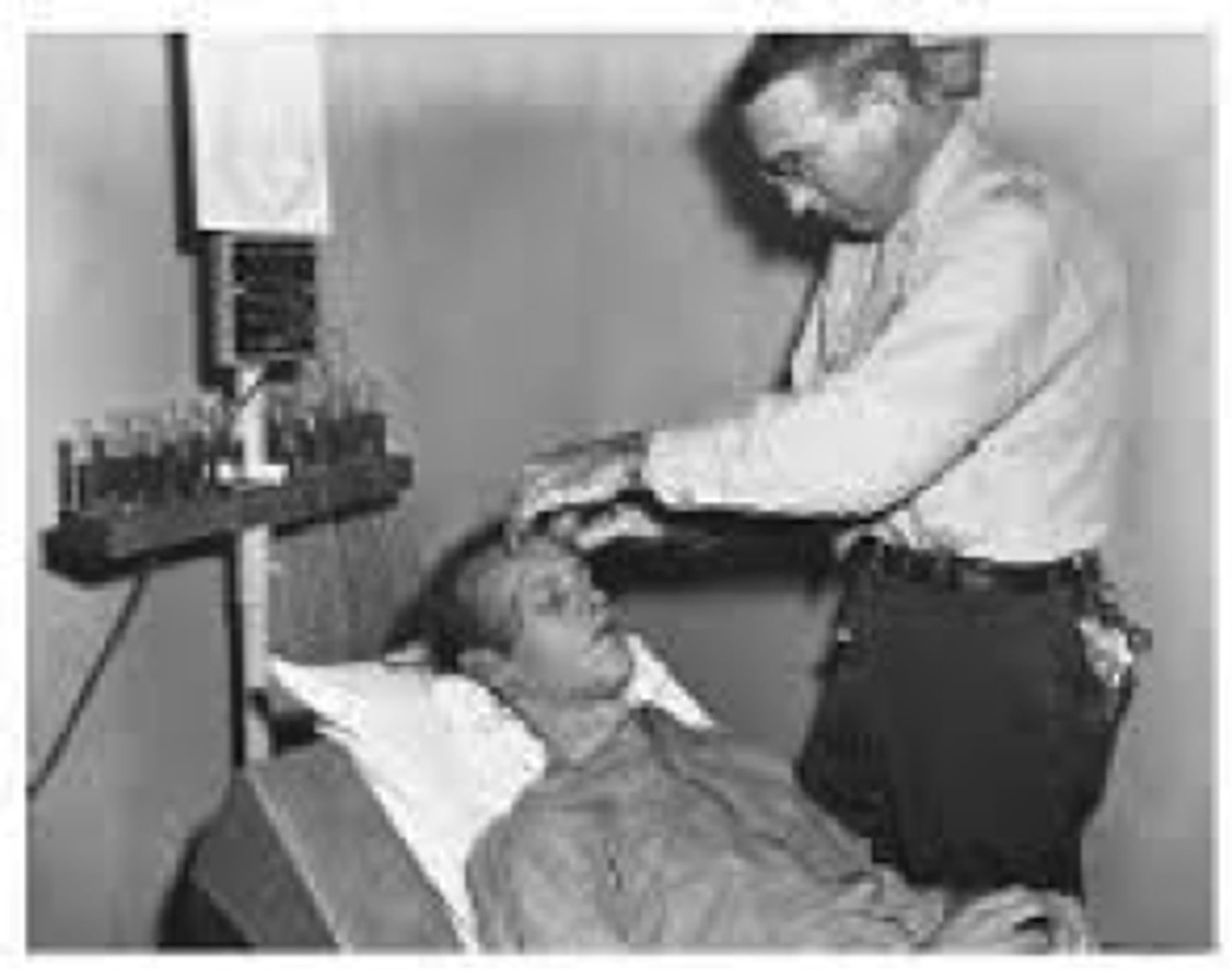
lobotomy
a now-rare psychosurgical procedure once used to calm uncontrollably emotional or violent patients. The procedure cut the nerves connecting the frontal lobes to the emotion-controlling centers of the inner brain
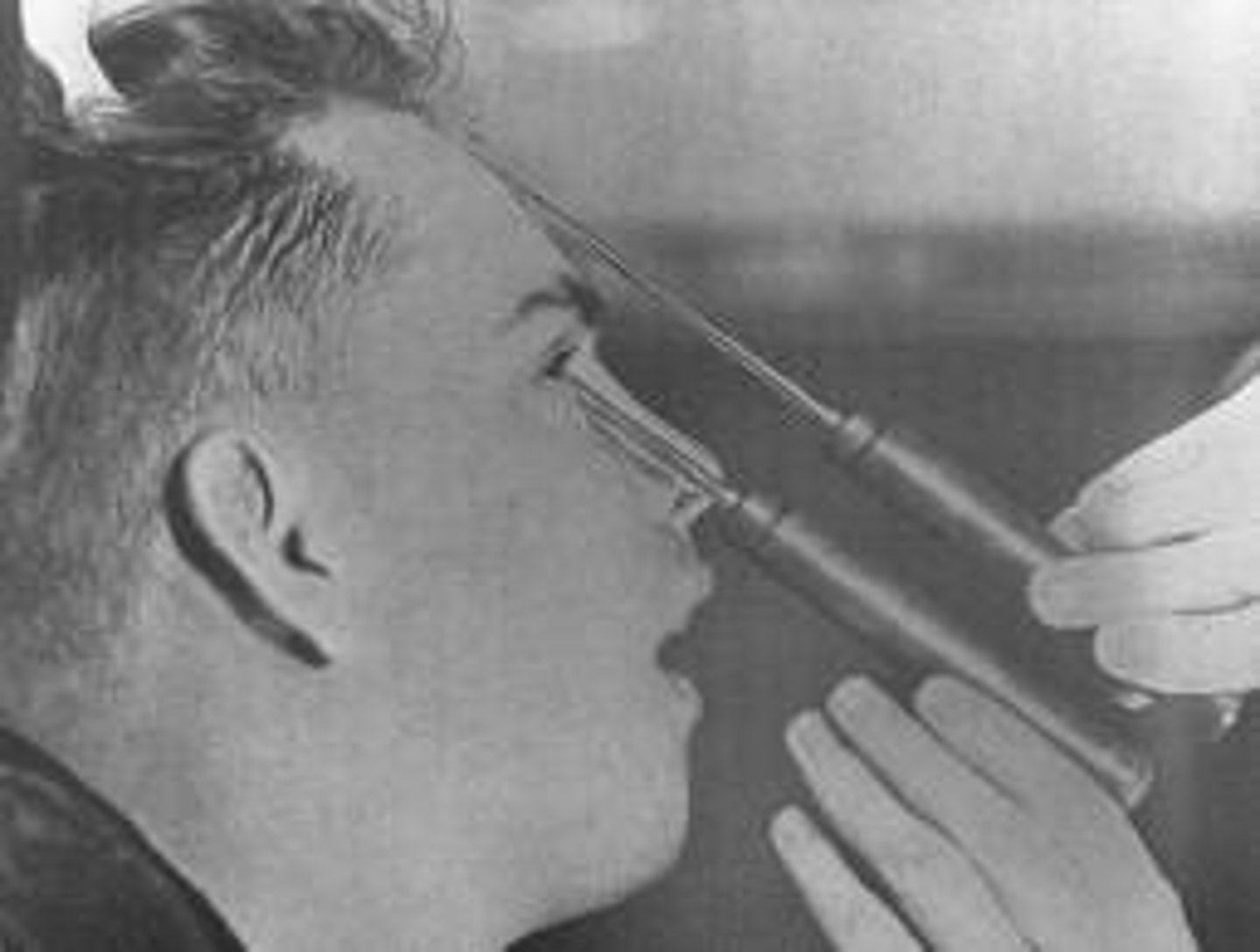
resilience
the personal strength that helps most people cope with stress and recover from adversity and even trauma

Aaron Beck
Psychology professor at the University of Pennsylvania. He is seen as the father of cognitive therapy and created the Beck Depression Inventory to measure the severity of depression.
Albert Ellis
Psychologist who developed the rational emotive behavior therapy (REBT), a form of cognitive behavior therapy. REBT is an action-oriented psychotherapy that teaches individuals to identify, challenge, and replace their self-defeating thoughts and beliefs with healthier thoughts that promote emotional well-being and goal achievement.
Sigmund Freud
Created one of the first forms of therapy known as psychoanalysis, which believed that the patient's free associations, resistances, dreams and transferences - and the therapist's interpretations of them - released previously repressed feelings, allowing the patient to gain self-insight.
Mary Cover Jones
Early pioneer in the field of behavior therapy who was famous for study of Peter and desensitization. Wolpe used her work to develop exposure therapy.
Carl Rogers
Founder of the humanistic approach that developed the person-centered approach to therapy. This includes client-centered therapy, which provides clients with an opportunity to develop a sense of self where they can realize how their attitudes, feelings and behavior are being negatively affected.
B.F. Skinner
His work in operant conditioning led to behavior modification therapy and the token economy.
Joseph Wolpe
South African psychiatrist who worked in behavior therapy. He took the work of Mary Cover Jones and desensitization and developed exposure therapy.